Maybe death isn't darkness, after all, but so much light wrapping itself around us
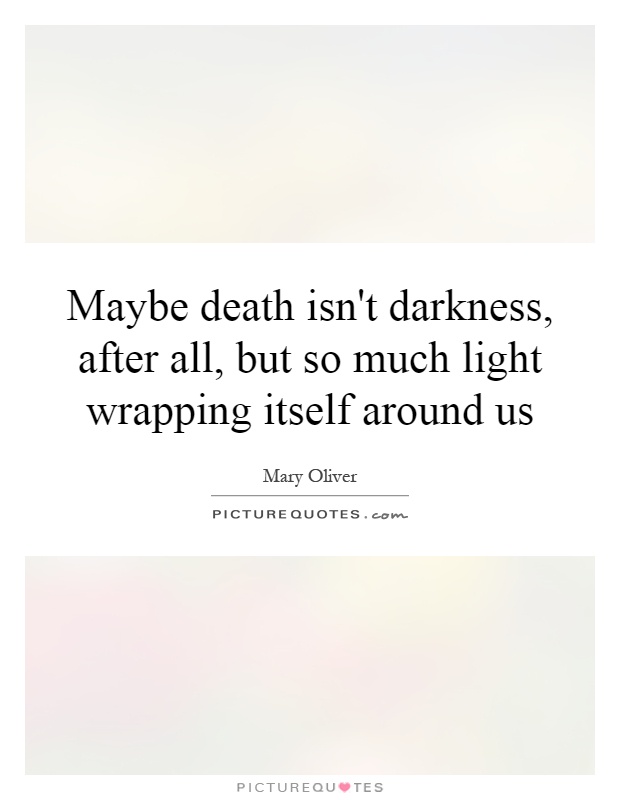
Maybe death isn't darkness, after all, but so much light wrapping itself around us
Mary Oliver, the beloved poet known for her profound observations of the natural world, often explored themes of life, death, and the interconnectedness of all living beings. In her work, she frequently contemplated the mysteries of existence and the beauty that can be found in even the most difficult moments. The quote, "Maybe death isn't darkness, after all, but so much light wrapping itself around us," captures Oliver's unique perspective on the transition from life to death.Oliver's poetry is filled with imagery of light and darkness, of the cycles of nature and the passage of time. She often wrote about the fleeting moments of beauty that can be found in the natural world, and the way that these moments can illuminate our lives with meaning and purpose. In this context, the idea that death may not be a void of darkness, but rather a radiant light enveloping us, takes on a profound significance.
For Oliver, death was not something to be feared or avoided, but rather a natural part of the cycle of life. In her poem "When Death Comes," she writes, "When it's over, I want to say: all my life / I was a bride married to amazement." This sense of wonder and awe at the world around her is a central theme in Oliver's work, and it is reflected in her contemplation of death as a transition to a state of pure light and beauty.
The quote, "Maybe death isn't darkness, after all, but so much light wrapping itself around us," suggests a sense of comfort and reassurance in the face of mortality. It speaks to Oliver's belief in the interconnectedness of all living beings, and the idea that even in death, we are surrounded by a radiant light that binds us to the natural world and to each other.
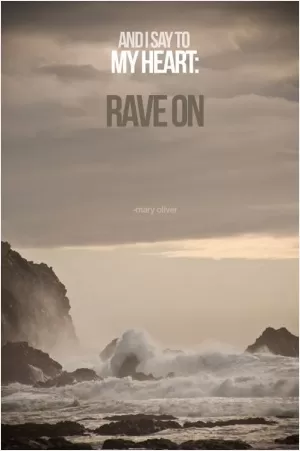

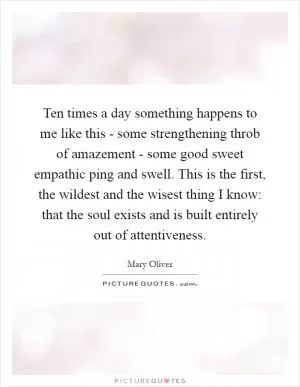
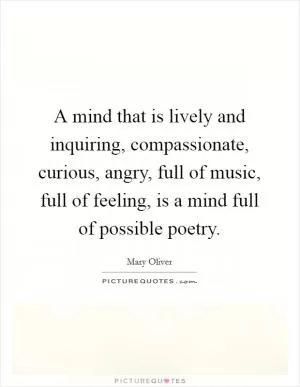

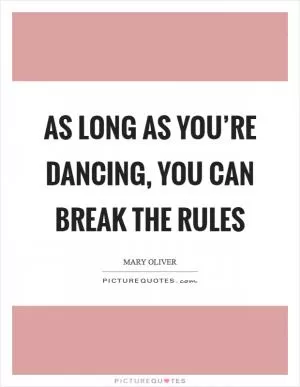

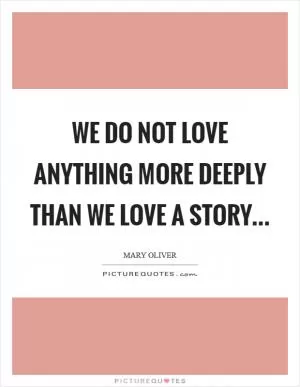

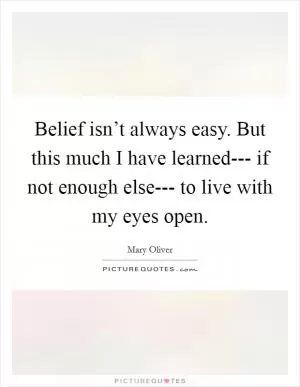
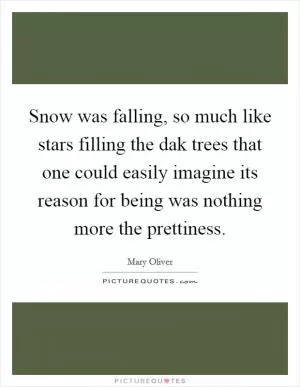
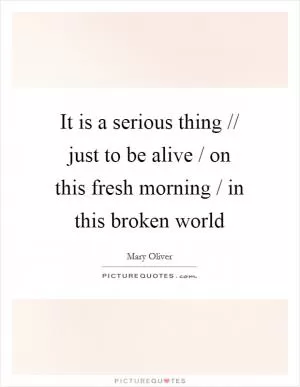
 Friendship Quotes
Friendship Quotes Love Quotes
Love Quotes Life Quotes
Life Quotes Funny Quotes
Funny Quotes Motivational Quotes
Motivational Quotes Inspirational Quotes
Inspirational Quotes